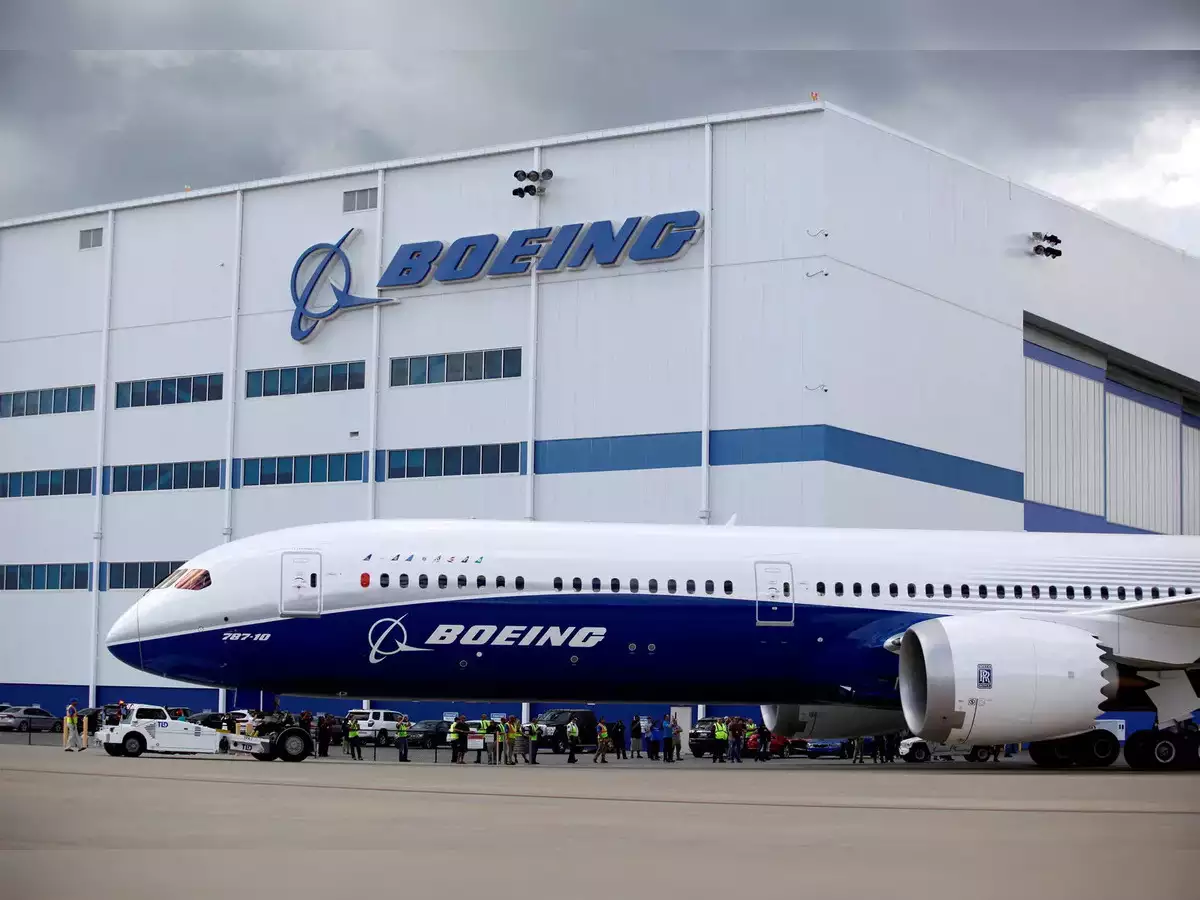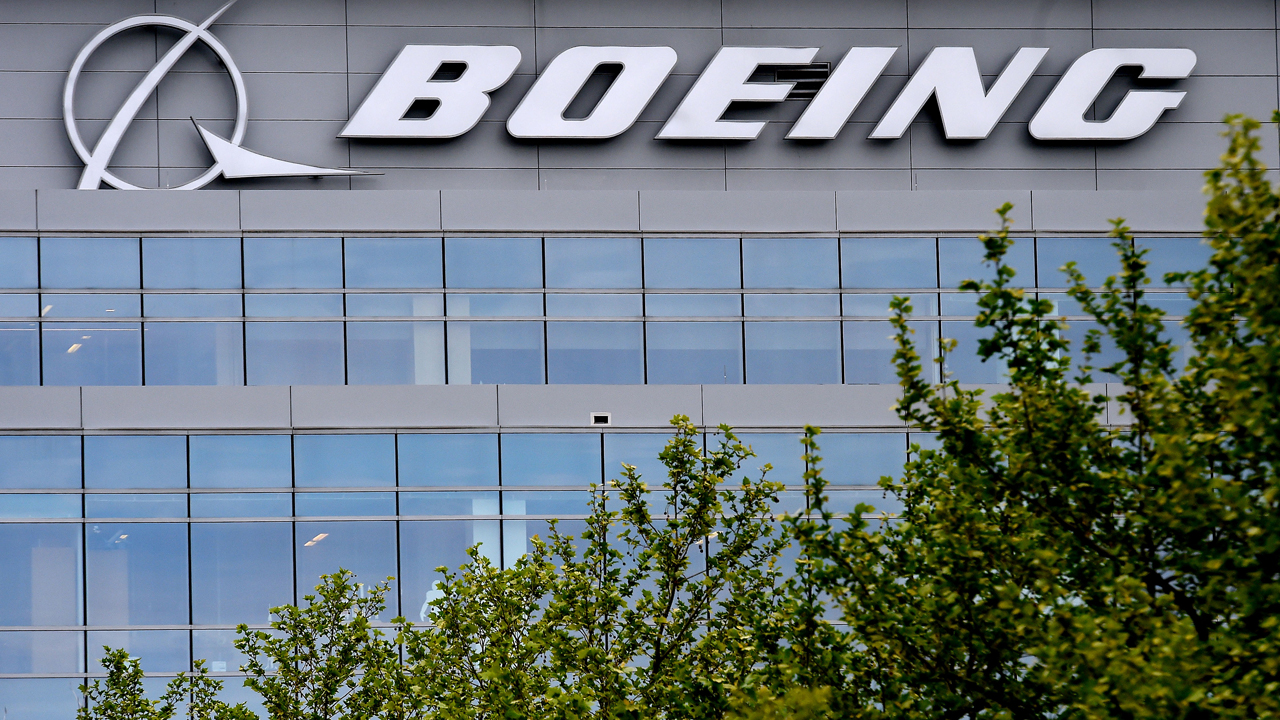In the wake of the tragic and controversial death of John Barnett, a former Boeing whistleblower, a tangled web of espionage, retaliation, and unresolved questions emerge, shedding light on the dark corridors of corporate practices and the immense pressures facing those who dare to speak out. This story unfolds amidst allegations of spying, a high-stakes lawsuit, and a suspicious death that has ignited debate over workplace ethics and the safety of whistleblowers in the high-stakes world of aviation manufacturing.

Boeing: The Final Chapter of a Courageous Whistleblower
John Barnett’s life story took a grim turn on March 9, when he was found deceased in his pickup truck, parked outside a Charleston, South Carolina hotel. The initial findings pointed towards a suicide, with the coroner citing “self-inflicted wounds” as the cause of death for the 62-year-old, and police discovering a note near his body, interpreted as a farewell message.
Yet, this conclusion did not sit well with Barnett’s circle, including his attorneys and friends, who vehemently dispute the suicide narrative. They point towards Barnett’s ominous premonition to his friends: if anything were to happen to him, it should not be mistaken for a voluntary departure from life.
Top Boeing executives announce early retirements as questions over whistleblower "suicide" remain unanswered https://t.co/xIt27faCTR
— Progressive Global Commons (@ProGloCommons) March 26, 2024
Espionage in the Workplace: A Claim That Echoes Through Time
The intrigue surrounding Barnett’s death is further compounded by his explosive claims against his former employer, Boeing. Well before his untimely demise, Barnett had raised alarms about being the target of corporate espionage, orchestrated by the very entity to which he had dedicated years of service.
According to reports by the New York Post, Barnett accused Boeing management of keeping him under surveillance, particularly as he worked on a significant lawsuit challenging the aviation giant’s quality control checks.
This lawsuit highlighted serious lapses in Boeing’s compliance with safety standards, a concern that gained traction following the harrowing incident involving an Alaska Airlines flight, where a door detached mid-air due to overlooked door plugs.
Barnett’s journey as a whistleblower began during his tenure as a quality control engineer, a role in which he unearthed and attempted to rectify manufacturing defects. Instead of addressing these critical safety concerns, Boeing’s response, as alleged by Barnett and his legal team, was to launch a retaliatory campaign aimed at discrediting and demeaning him.
This toxic workplace environment, characterized by harassment and gaslighting by upper management, eventually forced Barnett into early retirement in 2017, a full decade before he had planned to step away.

A Legacy of Bravery and the Quest for Justice
Barnett’s story is a somber reminder of the formidable challenges and dangers faced by whistleblowers. As details of his allegations against Boeing and the circumstances of his death come to light, the narrative extends beyond the personal tragedy of a man who stood up for safety and integrity.
It underscores the imperative for robust protections for those who expose wrongdoing, especially in industries where the stakes are life and death.
While Barnett’s voice has been silenced, the questions his life raised remain loud and clear. How can we ensure that whistleblowers are shielded from retaliation? What measures are necessary to foster a corporate culture that prioritizes ethical conduct and the well-being of employees over the concealment of malpractices?
As investigations continue and the legal battle unfolds, the aviation industry and corporate America at large are at a crossroads. John Barnett’s legacy, marked by his unyielding commitment to safety and truth, challenges us to reflect on the values we champion and the lengths we are willing to go to protect those who dare to speak truth to power.









